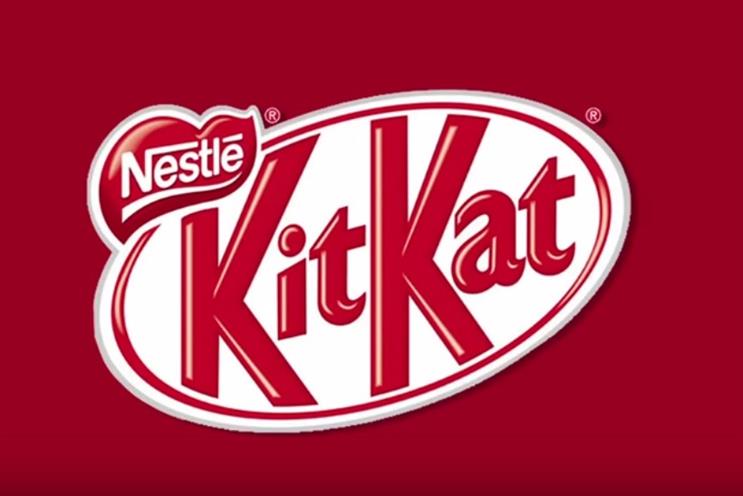
The CJEU reported today that the four-finger chocolate biscuit shape of Kit Kat does not warrant a trademark under European law, unless Nestle can prove the shape is integral to immediate consumer recognition of the brand.
The CJEU decision would imply that 90% consumer recognition of the shape by the British public is not enough to give Nestle that monopoly right
Nestle has been locked in a fierce battle to register the shape of its four-finger Kit Kat bar since its application in 2010, which was blocked by rival Cadbury. Nestle claims 90% of consumers associate the brand with the shape.
The moves comes as a "blow" for the chocolate bar maker, experts said. for recommendation on the case under EU law, which was then passed to the CJEU.
The case will now go back to the High Court for a final ruling. Nestle, however, cannot submit any more evidence to the court and if the High Court finds the shape still cannot be registered as a trademark of Nestle, the brand will not be able to stop rivals – including Cadbury and supermarkets – from developing chocolate bars of the same shape.
Chocolate wars
The "tit for tat' battle is part of a long history of disputes between Nestle and Cadbury.
In 2004 Cadbury attempted to trademark the purple colour of its branding. However, .
Lee Curtis, trade mark attorney and partner at intellectual property law firm HGF said the "war" was an attempt by both companies to monopolise certain aspects of the way they market their chocolate.
He said he expected the High Court to argue it could not be trademarked because the CJEU implied that 90% recognition was not enough solely to warrant a trademark.
However, Nestle said it was "pleased" with the decision and looked "forward to the decision of the UK High Court."
Curtis said: "Overall, [the] CJEU decision today is a blow to Nestle, but they may have the last laugh.
"Taken with the original comments from the High Court judge, the CJEU decision would imply that a 90% consumer recognition of the shape of the bar by the British public is not enough to give Nestle that monopoly right."
In a recent poll, of Kit Kat. 61% said no.



.jpg)
.jpeg)
